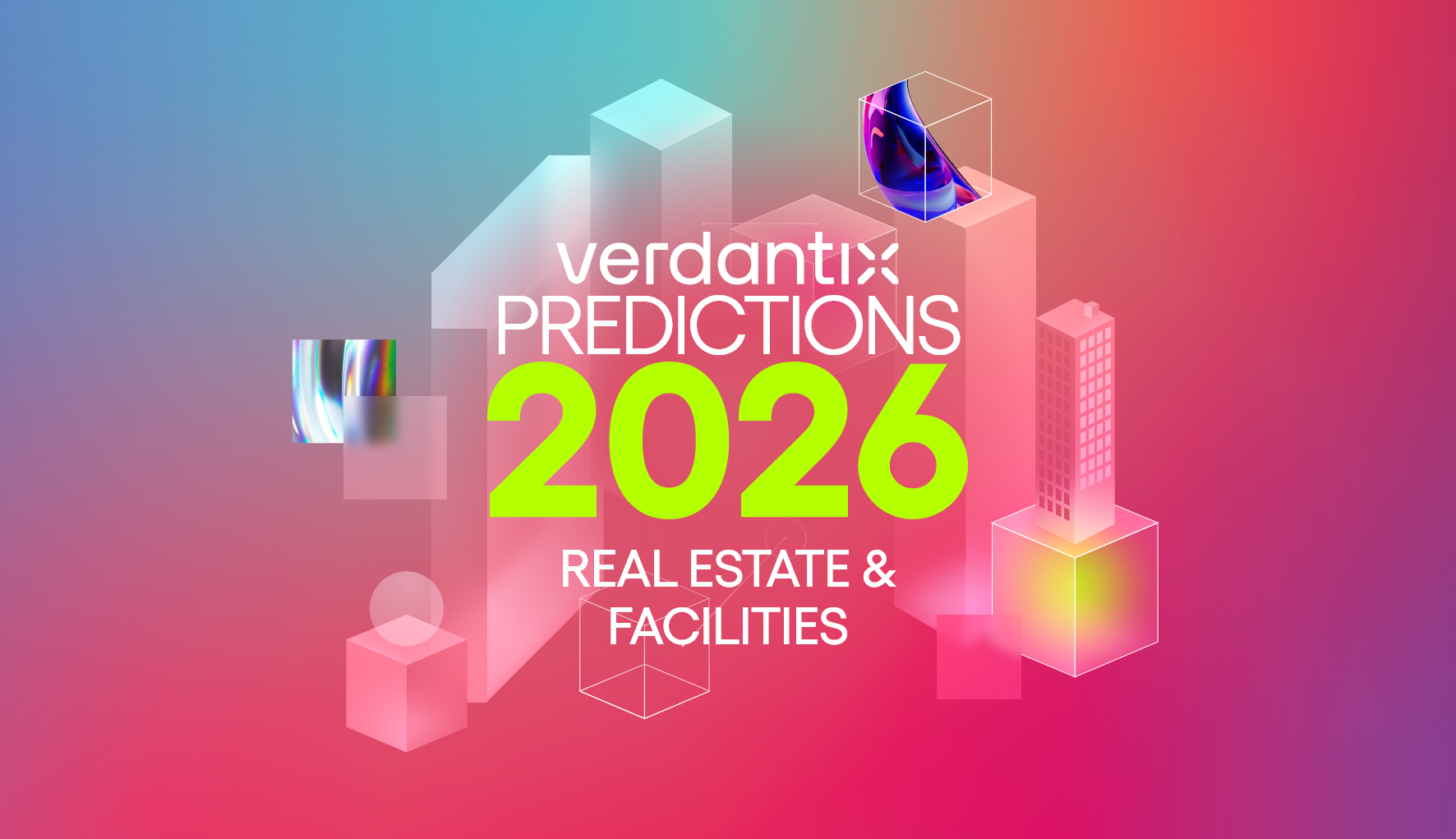Pledges, Promises And Proclamations: Real Estate’s Quest For Net Zero Requires Evidence
The real estate sector is awash with net zero pledges, with varying degrees of supporting evidence, as commitments emerge from stakeholders throughout the building life cycle, spanning architects to asset managers. For example, over 1,300 architecture firms are engaged in the American Institute of Architects (AIA) 2030 Commitment to reach carbon neutrality by 2030. AECOM, Berkeley Group and Buro Happold are among the 146 firms that have signed the Net Zero Carbon Buildings Commitment led by the World Green Building Council. Additionally, Allianz Global Investors, BlackRock and PATRIZIA are among the 315 signatories – collectively holding $57 trillion in assets – dedicated to the Net Zero Asset Managers initiative. While these declarations are commendable, and reflect the sector’s drive towards reducing its environmental impact, they must be supported by tangible actions to ensure real progress. As such, the measurement, management and mitigation of carbon emissions are fundamental to substantiate these commitments.
The recently published Verdantix report – Market Overview: Unveiling Digital Solutions For Lifecycle Carbon Reduction In The Built Environment – provides an overview of the tools available to real estate and built environment professionals to assess, control and, crucially, reduce the carbon impact of their properties. Stakeholders can bid farewell to Excel-based calculations and cumbersome manual approaches to carbon analysis, with a myriad of alternative solutions stepping into the sustainability spotlight. The ecosystem of solutions encompasses lifecycle assessment (LCA), product lifecycle management (PLM), ESG data and reporting, energy management, carbon accounting and management, building information modelling (BIM) and digital twin technologies. Although diverse in functionality and value proposition, these solution categories all play a role in facilitating the decarbonization of buildings. They leverage accurate carbon data, robust calculation engines, centralized data management, advanced analytics and automation to deliver a breadth of efficiencies to real estate professionals involved in carbon management.
Firms can utilize these technologies in a number of different ways to meet their sustainability goals and deliver on their net zero pledges. Verdantix has observed that:
- AEC (architecture, engineering and construction) consultants leverage BIM-based LCA tools to inform low-carbon building designs and material selections.
- Facilities managers employ energy management software to identify emissions hotspots and reduce energy-related carbon consumption in conjunction with operating costs.
- Building operators adopt digital twins to simulate and evaluate the carbon footprint implications of building upgrades and renovation and retrofit strategies.
- Building owners utilize ESG data collection and reporting tools to automate energy and carbon data collection and report to ESG regulations and voluntary standards.
- Real estate service providers implement carbon management software to reduce emissions across their supply chains and provide carbon accounting capabilities to their suppliers.
- Asset managers use ESG software to identify underperforming buildings, predict dates on which assets will be stranded, craft action plans and determine capital allocation strategies to curb their carbon impacts.
As public expectation and scrutiny around firms’ net zero pledges grow, it becomes essential for organizations to put the requisite tools in place, along with the capacity to gather and handle comprehensive carbon data, to ensure they can uphold their commitments and maintain trust with customers. With carbon emissions emanating from each stage of the building life cycle, it is up to all stakeholders across the real estate value chain to adopt technologies to better manage carbon and fulfil their pledges. To learn more about digital solutions for decarbonizing the built environment, check out the new report: Verdantix Market Overview: Unveiling Digital Solutions For Lifecycle Carbon Reduction In The Built Environment
About The Author

Amelia Feehan
Manager, Advisory Services





